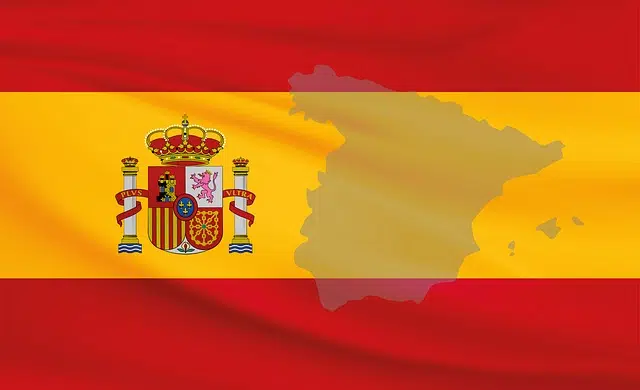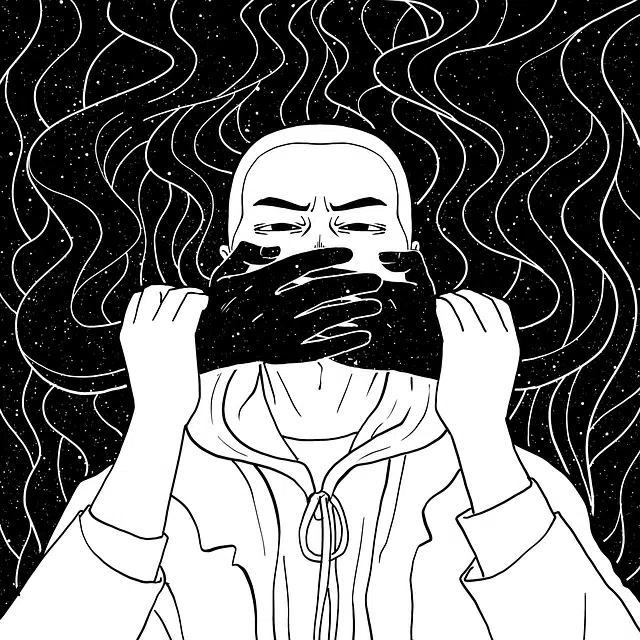
An anti-parliamentary political movement that emerged in Spain is called Falangism.
Falangism is a movement that emerged from the Spanish Falange . This political party, which was founded by José Antonio Primo de Rivera in 1933 , followed the ideological guidelines of Italian fascism and functioned as the support of the dictatorship imposed by Francisco Franco .
After the successful implementation of fascism in Italy at the hands of Benito Mussolini , the Spanish right sought to reproduce the experience in their land . José Antonio Primo de Rivera , son of the dictator Miguel Primo de Rivera who ruled Spain between 1923 and 1930 , was the leader who emerged with the intention of imposing a reactionary and authoritarian regime .
Characteristics of Falangism
Falangism, in this way, aimed to prevent the advance of leftist positions. His violent actions in the streets were vital in fostering the climate that led to the Civil War , the result of which was Franco 's triumph.
Beyond the role of the Spanish Falange as a political party, Falangism did not promote partisan activity, but was anti-parliamentary . In its beginnings, it sought the development of a unionism that would bring together workers and businessmen behind national objectives and the establishment of a totalitarian and corporatist State .
Catholic and fascist movement
Another characteristic of Falangism was the granting of great importance to Catholicism . For the Falangists, this religion was a pillar of Spain and a central component of its history and culture.
It cannot be ignored that, according to some historians, Falangism did not have a particular or distinctive ideology. According to this vision, it was an adaptation of fascism with a strong Catholic overtone as a way of understanding the world, which also proposed a series of practices and rules to exercise power .

Falangism was based on authoritarianism and had many points in common with fascism.
Falangism beyond Spain
One can also speak of Falangism in the American continent, more precisely in the Spanish colonies, where it has been observed since the 1930s in their political sphere through movements in which all or some of the following characteristics can be observed: corporatism, nationalism, national unionism, totalitarianism and Catholicism (in this case it can be called national Catholicism or clerical fascism , a concept coined by the English historian Hugh Trevor-Roper ).
Unlike other forms of fascism in Europe, such as those in Italy and Germany, Falangism in Spain sought to influence Spanish-speaking territories, and in this way managed to reach certain political groups and individuals in the intellectual world of Latin America . That said, it is not so easy to identify the political regimes typical of this continent as Falangist directly; Although we could say that certain dictatorships had very similar features with Franco's government, their ideology cannot be easily reduced to this concept.
On the other hand, in the case of several groups and political parties in Latin America, some of which function today, it is possible to classify them within Falangism. Among the countries in which we can identify these characteristics are Bolivia, Chile, Colombia, Costa Rica, Cuba, Ecuador, Mexico, Peru, Puerto Rico, Venezuela and Panama .
In Bolivia we can mention the Bolivian Socialist Falange , founded in 1937, which was based on a nationalist and third-positionist ideology . In Chile, on the other hand, the National Falange existed in 1935, formed by a group of people who until then had belonged to the Conservative Party.
Laureano Gómez , president of Colombia since 1950, used to sympathize with Falangism in the years before his government . The president of Costa Rica between 1944 and 1948, Teodoro Picado Michalski , also admired this Spanish movement, and went so far as to defend Franco before the UN. Even after the Second World War, Costa Rica was one of the Latin American countries in which Falangism remained alive.
